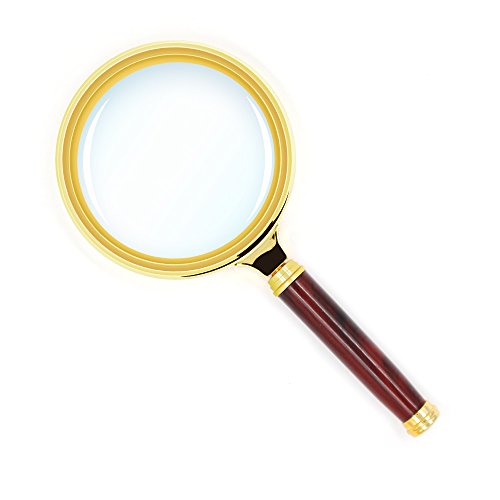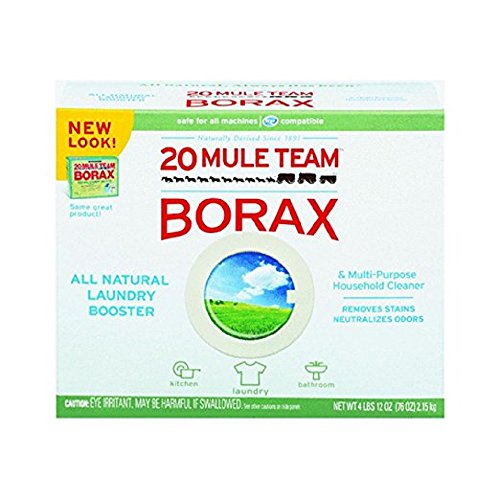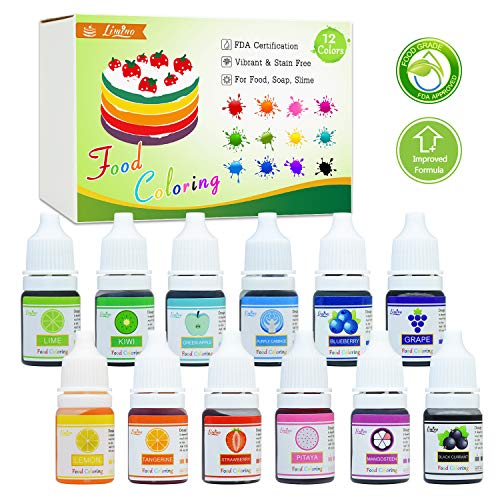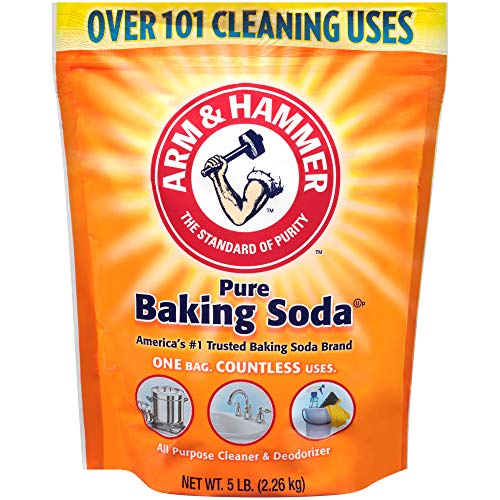One of the easiest science projects we have ever done is the cartesian diver experiment.
Usually, we do it as more of a fun magic trick than as a full science experiment for kids, but I knew it would be the perfect scientific illustration for learning about how fish can rise and sink in the water.
We modified the classic experiment and made our own twist on how to make a cartesian diver.

This post contains affiliate links for your convenience.
How to Make a DIY Cartesian Diver
The diving fish cartesian diver experiment was born through Monkey’s query on how fish rise and sink in the water.
Monkey has always found it difficult to remain underwater when swimming, so she wanted to know how fish manage it.
I thought the ketchup packet science experiment was the perfect science demonstration to illustrate how ocean fish (and most fish) move through the water.
How Does a Cartesian Diver Work?
The ketchup packet will float because it has air trapped inside and air is lighter than water. When the bottle is squeezed, the air bubble is compressed into a smaller space because air compresses easier than water.
This increases the density of the ketchup packet and makes it sink to the bottom of the bottle. When the pressure is released, the air inside the ketchup packet allows it to rise again.
You’ll also want to check out the ultimate list of summer STEM activities and the ultimate list of summer science experiments.
How Do Fish Rise and Sink in Water?
Fish rise and sink using a similar principle. Most fish have an air bladder inside their stomachs that they fill with air to control their upward and downward movement. Just like the ketchup packet, when the fish wants to rise, it increases the air in the bladder, and when it wants to sink, it releases air, causing the fish to become denser and sink.
Want to try your own DIY cartesian diver experiment?
Here is what you will need for your own cartesian diver experiment.
Cartesian Diver Lesson Plan
If you want the complete lesson plan, worksheets, and video lesson for this experiment, join the Jarring Science Club!
Click below to learn more!
Supplies for your DIY cartesian diver:
The Mason Jar Scientist: 30 Jarring STEAM-Based ProjectsBall Regular Mouth Mason Jars with Lids and Bands, 16-Ounces (4-Pack)
Crisco Pure Vegetable Oil, 32 Ounce
Barbasol Soothing Aloe Thick & Rich Shaving Cream 10 Oz (2 Pack)
Alka-Seltzer PFY BXAS50 80659297 Antacid and Pain Relief Medicine, Two-Pack (Pack of 50)
Kadaon 10X Handheld Magnifier Antique Mahogany Handle Magnifier Reading Magnifying Glass for Reading Book, Inspection, Coins, Insects, Rocks, Map, Crossword Puzzle
BORAX 20 Mule Team Laundry Booster, Powder, 4 Pounds
Fine Ground Celtic Sea Salt – (1) 16 Ounce Resealable Bag of Nutritious, Classic Sea Salt, Great for Cooking, Baking, Pickling, Finishing and More, Pantry-Friendly, Gluten-Free
McCormick Assorted Food Color, 1 Fl Oz (Pack of 1)
Food Coloring – 12 Color Vibrant Cake Food Coloring Set for Baking, Decorating, Fondant and Cooking – Upgraded Liquid Concentrated Icing Food Color Dye for Slime Making, DIY Crafts – .25 fl. oz. Each
30% Pure Vinegar – Home&Garden (1 Gallon)
Arm & Hammer Pure Baking Soda, 5 lb
Argo Corn Starch 16 oz. Box (Pack of 4)
- Clear water bottle
- Vegetable oil
- Ketchup packets (the more you have the better)
- Permanent markers
- Hot glue gun and glue sticks

First, remove the label from your bottle. This was actually the hardest part of this project. Remove the label then rub vegetable oil over the sticky residue to remove it. Wash the bottle with warm, soapy water and set aside.
Transform your ketchup packets into fish. Turn the two narrow corners of the packet inward as if you were making a paper airplane.
Keep the folds small, because if you fold it too much, either your ketchup packet will explode or the packet will sink when it is in the bottle and the experiment won’t work. Hot glue the tabs in place.
Gently squeeze the center of the packet and glue down the outer edges of the packet in the very center. This will make the packet look like it has a body and a tail like a fish. Your ketchup packets should look like in the picture below once completed.

Color your fish with permanent markers. We found that red was best at covering up the branding on our packets. Add small fish details and your fish are complete.
Gently push the ketchup packet into the bottle. Fill it with water all the way to the top of the bottle. If the packet sinks, then you will need to remove it and distribute the air inside the packet.
We found that sometimes the packets would sink right away and sometimes they would float. One packet floated until the bottle was bumped, then it stopped. Experiment with this part until it works properly. Having a lot of ketchup packets on hand will make this part easier.
Screw on the bottle lid and squeeze the sides firmly. The fish will dive to the bottom of your bottle ocean floor. Release the pressure and the fish will float to the top. It’s science!
More Ocean Science Activities
Easy and Fun Ocean-Ready Egg Carton Narwhal Craft
How to Make an Ocean Slime Recipe for Under the Sea Fun!















